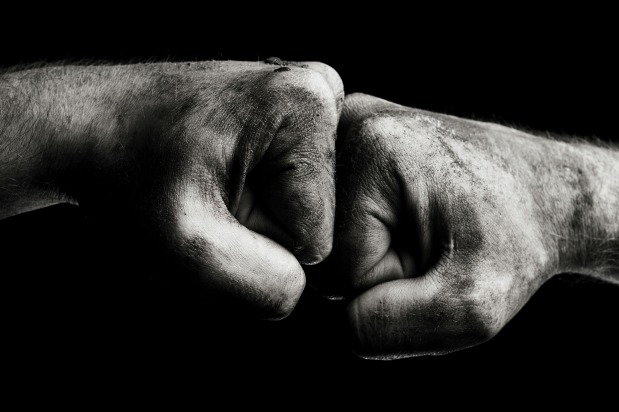Contrary to popular belief, sobriety and recovery are not one in the same. In fact, many active addicts can maintain sobriety for some time without ever seeking treatment or recovery. In the field, that process is referred to as “white-knuckle sobriety.” In other words, the individual holds tightly to sobriety—fighting back urges, cravings and withdrawal symptoms—all without assistance. As one can imagine, this is a tense experience—like that of a driver gripping the steering wheel during a tailspin.
Of course, not all active addicts who seek drug treatment and bypass the white-knuckle experience are in the process of recovery either. Actually, quite the contrary. Many simply seek socially-acceptable substitute addictions—like religion, work, exercise, etc. Others become what is known as a “dry drunk,” someone who is indeed sober, but still possesses the dysfunctional characteristics of an active addict.
It’s a Process
The dry drunk concept is key in discussing the difference between sobriety and recovery. Though the notion is not a new one, it is certainly a term deserving of more attention. More to the point, it describes and spurs a much needed discussion regarding the individual who seeks mere sobriety without going through the actual process of recovery.
Like any other illness—physical or mental—addiction is no exception with regards to today’s quick-fix society. Most people only want to fulfill the minimum requirement to gain maximum results. For these individuals, 28 days in treatment pushes the limit. And anything beyond that, well, that’s just overkill.
However, sobriety alone is not recovery. In fact, anyone can get sober. Recovery, on the other hand, is about staying sober. This involves actually dealing with the underlying core issues that led to your addiction and treating the source conflict, rather than just simply addressing the acute symptoms.
A Holistic Approach
Recovery is more than merely attending meetings and marking the number of calendar days sober. Instead, it is the process of literally recovering from the physical and mental damage inflicted during active addiction and the emotional, psychological and spiritual issues that occurred long before the onset of disease. In other words, where sobriety is mainly, if not purely, physical, recovery is holistic.
For someone who is merely seeking long-term sobriety, he or she can go to treatment and simply find another sober person to assist them in staying off substances. In 12-step circles, that person is known as a sponsor. For others, it may simply be a sober community.
However, if someone is looking for personal growth and transformation, the holistic process of recovery is very necessary. In fact, Dr. Carl Andersen, Founder of The Center for the Study of Addiction & Recovery at Texas Tech University, said it best in this riddle: “You know what you get when you sober up a drunk jerk? A sober jerk.”
Sobriety is easy, but recovery is where it really takes work.
If you or someone you know is seeking help from addiction, please visit our directory of treatment centers or call 866-606-0182 to start the path to recovery today.








